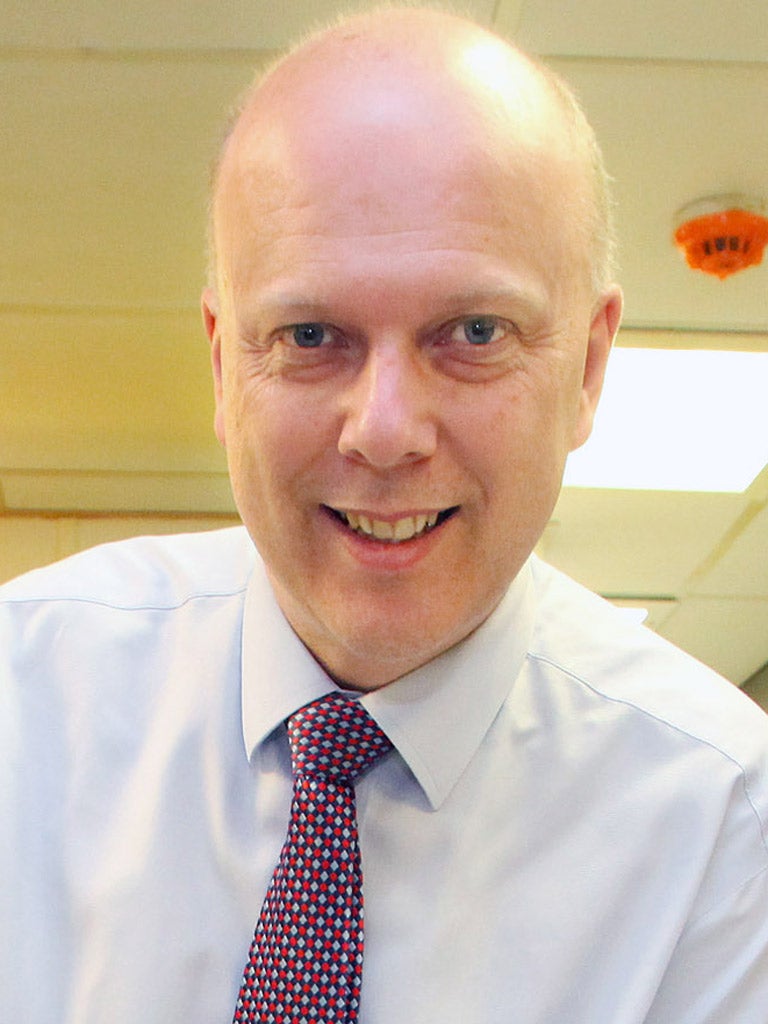Your support helps us to tell the story
From reproductive rights to climate change to Big Tech, The Independent is on the ground when the story is developing. Whether it's investigating the financials of Elon Musk's pro-Trump PAC or producing our latest documentary, 'The A Word', which shines a light on the American women fighting for reproductive rights, we know how important it is to parse out the facts from the messaging.
At such a critical moment in US history, we need reporters on the ground. Your donation allows us to keep sending journalists to speak to both sides of the story.
The Independent is trusted by Americans across the entire political spectrum. And unlike many other quality news outlets, we choose not to lock Americans out of our reporting and analysis with paywalls. We believe quality journalism should be available to everyone, paid for by those who can afford it.
Your support makes all the difference.British employers should hire "surly", hoodie-wearing young British men, rather than experienced eastern Europeans, the Employment minister, Chris Grayling, said yesterday.
In a speech that echoed both David Cameron's "hug-a-hoodie" comments and Gordon Brown's controversial pledge to "create British jobs for British workers", Mr Grayling said that firms were guilty of overlooking the potential of school leavers as they seek out more presentable workers from abroad to fill positions.
"It's easy to hire someone from eastern Europe with five years' experience who has had the get-up-and-go to cross a continent in search for work," he told the Policy Exchange think tank. "But those who look closer to home find gems, too. Very often the surly young man in a hoodie who turns up looking unwilling to work can turn into an excited and motivated employee."
Mr Grayling's speech followed the release of figures showing an unexpected drop in the unemployment rate between December and February. The number of Britons out of work fell by 35,000 to 2.65 million over the three months, according to the Office for National Statistics, bringing the rate down from 8.4 per cent to 8.3 per cent. This represents the first fall in unemployment since May 2011. The number of unemployed 16-24 year olds also fell by 25,000 to 1.03 million over the period.
But the figures were flattered by a large increase in the size of the part-time workforce, up 89,000 to 1.4 million. The full-time work force, by contrast, fell 27,000 to 21.23 million. Analysts suggest more people are taking on part-time work only because they cannot get a full-time post. Mike Fetters, of Totaljobs.com, said: "Today's figures flatter to deceive. They look rosier than those of the past few months, but they hide a number of concerns – not least the staggeringly high levels of underemployment."
The number of people claiming jobseekers allowance also rose to 1.61 million, up 3,600 over the month, indicating that there will be no easing of the strain on the Government's welfare budget. Further, the ONS figures pointed to a continued squeeze on living standards, with total pay increasing by 1.1 per cent on a year earlier, the slowest pace since 2010. Inflation is running at 3.5 per cent, meaning most workers have had a real terms pay cut over the past year.
"There remain worrying trends underneath today's positive headlines," said Graeme Cooke, of the IPPR think tank. He pointed to the fact that long-term unemployment has reached its highest level since 1996. "There is a real risk that these people will struggle to take advantage of any upturn in the economy," he said.
In his Policy Exchange speech, Mr Grayling also lambasted critics of the ill-fated scheme that required 16- to 24-year-olds to do eight weeks unpaid work for high street firms as a condition of retaining their benefits. Opponents of the scheme "just don't understand that in today's world, things don't come on a plate", he said.
In a separate interview, he acknowledged that EU law did not allow employers to discriminate in favour of British job applicants. But he told The Spectator that government work experience schemes targeted the young British unemployed.
"There aren't many people who've come from eastern Europe who don't have previous experience or skills," he said.
By numbers
35,000 Fall in number of unemployed people in last three months.
7 per cent Rise in the number of part-time workers over same period.
1.6m The number of people claiming Job Seeker's Allowance, up 3,600 in a month.

Join our commenting forum
Join thought-provoking conversations, follow other Independent readers and see their replies
Comments